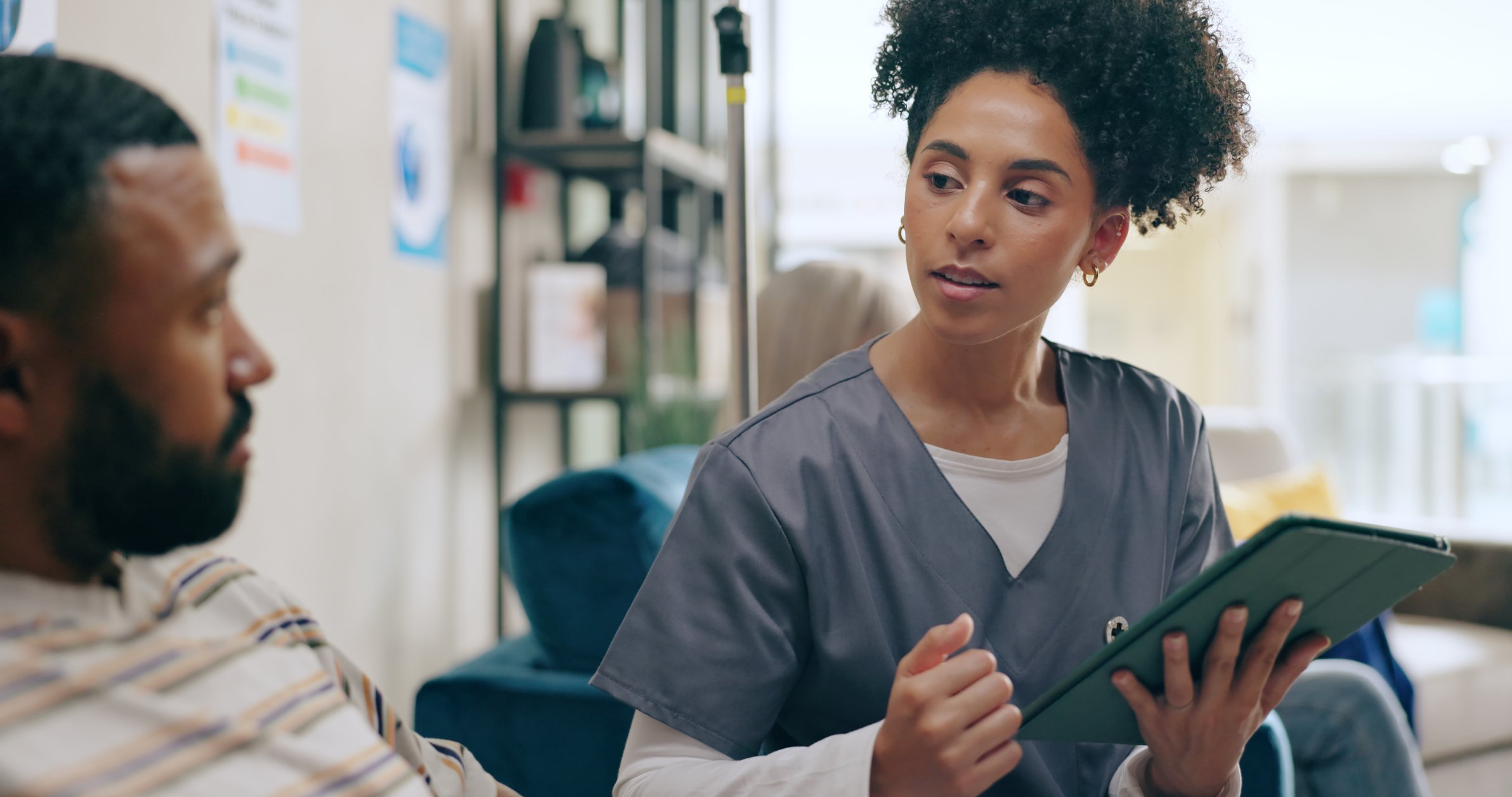from USA Today
COCOA BEACH, Fla. -- Yvonne Yacoub has been a nurse for half a century.
In 50 years, she has seen her profession redefine itself to meet the challenges of change, yet continue to struggle with shortages of new practitioners.
Yacoub, 72, who has worked at Cape Canaveral Hospital here for 36 years, is decades older than the 46-year-old average age of employed registered nurses. Some veteran nurses continue to work, but many more have hung up the scrubs for good or are counting the days until retirement.
"In several years, we will see many nurses semi-retire or retire completely," said Bonnie Rudolph, vice president/chief nursing officer for Holmes Regional Medical Center in Melbourne, Fla., and Health First's chief nursing officer. "Nursing is a very physical job, and many nurses cannot continue to stand, lift patients and continue to work the required shifts."
As baby boomers age, the need for nurses will increase. Even though the number of licensed registered nurses in the United States has grown from 1.7 million in 1980 to 3.1 million today, the total is not enough to meet the expected demand. Registered nurses remain at the top of the list when it comes to employment growth, so hospital systems are being proactive in trying to retain older employees.
Recruiting more male nurses, now only 7 percent of the work force, could help ease the shortage.
Most male nurses, such as baby boomer Jim Carberry, a nurse supervisor in the intensive care unit at Holmes, enter the field as a second career. Carberry was a respiratory therapist for 20 years before becoming a nurse.
"I wouldn't say it's harder to be a nurse today. It's just different," Carberry said.
"With so much specialty nursing, we all have had to learn so many new ways of doing things," he said. "It's not just one nurse doing all of a patient's care in a day. It can be several with special skills."
While nursing schools are graduating highly skilled individuals, the experience of older workers is impossible to teach in a classroom.
Registered nurse Rebecca Madore, 23 on her third day on the job at Wuesthoff Medical Center -- Rockledge, Fla., acknowledges that the reality of nursing can be daunting.
"I learned a lot at school, but it's totally different when you're actually working the floor," she said.
Madore knew she wanted to be a nurse since she was a little girl, but for many of her colleagues, the profession is a career, not a calling.
"Each group's work ethic is different," said Suzanne Woods, vice president and chief nursing officer for Health First's community hospital division.
"The veterans and baby boomers feel almost total responsibility for the workplace and will come in on short notice and cover difficult shifts. This has always been their practice. The Gen X and Millenniums are more cognizant of home-and-life balance and strive to keep this in check."
Each generation also brings different skills, all needed to best serve patients.
"The younger nurses are very technologically advanced, but the older nurses are more connected with the patients," said Rosemary Walter, director of the medical/surgical unit at Wuesthoff in Rockledge.
Technological savvy, a given for new nursing grads and necessary for survival in the health care field today, can be difficult for older nurses to embrace.
"I feel we have an advantage over older generations in the new advancements of paperless systems, computer charting and the new diagnostics," said Michele McCray Miller, 26. "Throughout nursing school, we were constantly using simulated mannequins, computer programs and other electronic devices to master skills such as NG (nasogastric) tubes, catheters and IV skills. Older generations were not as lucky to have those resources in the classroom."
Allison Rogers has been a nurse for two years. Rogers' mother was a nurse. This member of Generation X had no doubts about her career choice.
"I know how important my job is, and I consider it an honor to care for patients the way I would want my family to be taken care of," Rogers said.
COCOA BEACH, Fla. -- Yvonne Yacoub has been a nurse for half a century.
In 50 years, she has seen her profession redefine itself to meet the challenges of change, yet continue to struggle with shortages of new practitioners.
Yacoub, 72, who has worked at Cape Canaveral Hospital here for 36 years, is decades older than the 46-year-old average age of employed registered nurses. Some veteran nurses continue to work, but many more have hung up the scrubs for good or are counting the days until retirement.
"In several years, we will see many nurses semi-retire or retire completely," said Bonnie Rudolph, vice president/chief nursing officer for Holmes Regional Medical Center in Melbourne, Fla., and Health First's chief nursing officer. "Nursing is a very physical job, and many nurses cannot continue to stand, lift patients and continue to work the required shifts."
As baby boomers age, the need for nurses will increase. Even though the number of licensed registered nurses in the United States has grown from 1.7 million in 1980 to 3.1 million today, the total is not enough to meet the expected demand. Registered nurses remain at the top of the list when it comes to employment growth, so hospital systems are being proactive in trying to retain older employees.
Recruiting more male nurses, now only 7 percent of the work force, could help ease the shortage.
Most male nurses, such as baby boomer Jim Carberry, a nurse supervisor in the intensive care unit at Holmes, enter the field as a second career. Carberry was a respiratory therapist for 20 years before becoming a nurse.
"I wouldn't say it's harder to be a nurse today. It's just different," Carberry said.
"With so much specialty nursing, we all have had to learn so many new ways of doing things," he said. "It's not just one nurse doing all of a patient's care in a day. It can be several with special skills."
While nursing schools are graduating highly skilled individuals, the experience of older workers is impossible to teach in a classroom.
Registered nurse Rebecca Madore, 23 on her third day on the job at Wuesthoff Medical Center -- Rockledge, Fla., acknowledges that the reality of nursing can be daunting.
"I learned a lot at school, but it's totally different when you're actually working the floor," she said.
Madore knew she wanted to be a nurse since she was a little girl, but for many of her colleagues, the profession is a career, not a calling.
"Each group's work ethic is different," said Suzanne Woods, vice president and chief nursing officer for Health First's community hospital division.
"The veterans and baby boomers feel almost total responsibility for the workplace and will come in on short notice and cover difficult shifts. This has always been their practice. The Gen X and Millenniums are more cognizant of home-and-life balance and strive to keep this in check."
Each generation also brings different skills, all needed to best serve patients.
"The younger nurses are very technologically advanced, but the older nurses are more connected with the patients," said Rosemary Walter, director of the medical/surgical unit at Wuesthoff in Rockledge.
Technological savvy, a given for new nursing grads and necessary for survival in the health care field today, can be difficult for older nurses to embrace.
"I feel we have an advantage over older generations in the new advancements of paperless systems, computer charting and the new diagnostics," said Michele McCray Miller, 26. "Throughout nursing school, we were constantly using simulated mannequins, computer programs and other electronic devices to master skills such as NG (nasogastric) tubes, catheters and IV skills. Older generations were not as lucky to have those resources in the classroom."
Allison Rogers has been a nurse for two years. Rogers' mother was a nurse. This member of Generation X had no doubts about her career choice.
"I know how important my job is, and I consider it an honor to care for patients the way I would want my family to be taken care of," Rogers said.





